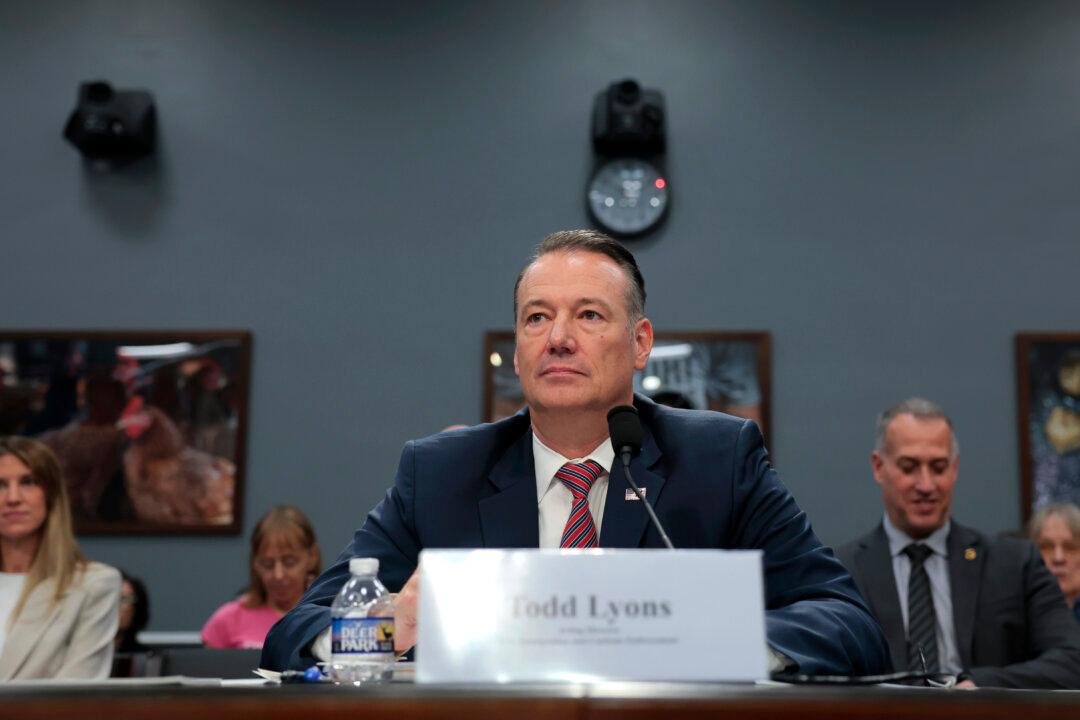If Republicans take the Senate majority after the Nov. 8 midterm elections, they could have a significant impact on how many of President Joe Biden’s judicial nominees get approved, said Ryan Helfenbein, executive director of the Standing for Freedom Center.
Since taking office, Biden has nominated 144 judges to district and circuit courts, with 27 nominees announced on Oct. 14 amid over 80 current judicial vacancies.






